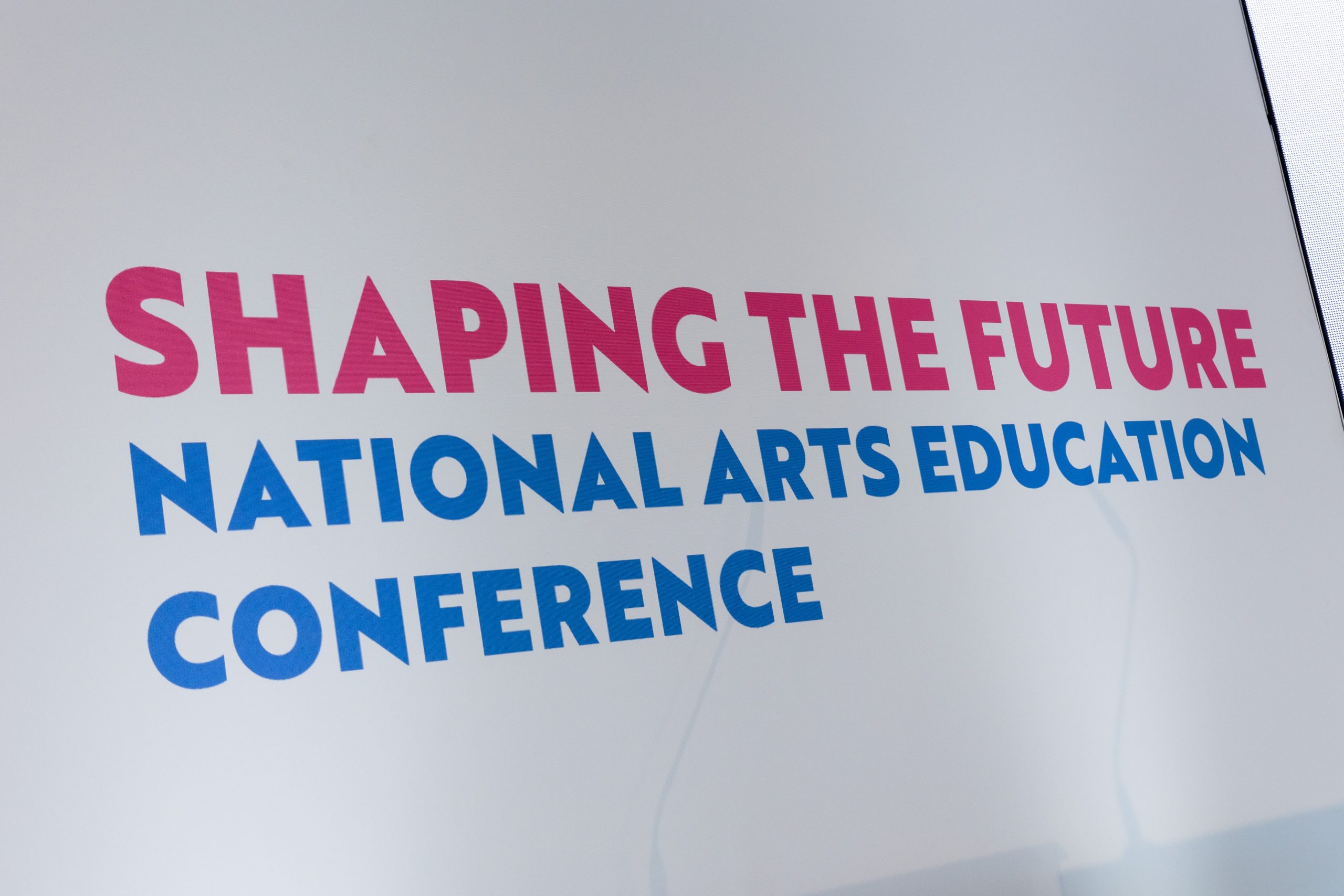What does a conductor do? This is one of the most difficult questions for any conductor, because it forces us to reason in terms of “what” about Music. This would be almost a mistake. Music is not a ‘thing’ and probably cannot be reduced to an object of thought, in the sense that we cannot define it and contain it in our mind. On the contrary it is we, who are part of Music.
Let’s simplify. I look at Nature and Music as twin sisters, where one takes care of the part of the world that you see, the other of what you hear. Music, like Nature, is greater than we are. Indeed, man is part of it; we must not understand it, we must not interpret it, we must not even perform it.We just have to contemplate it.
No one could ever play a tree, no one could ever perform a starry sky, no one can fully understand the oceans in all the depths. So, who is the conductor if he can’t do any of this?
The conductor is just one person saying to someone else: “Come with me, I know a place. I have a map and I’ve been there, it’s beautiful.”
The conductor’s role has intimate implications that reflect a personal vision in the light of which the music is lived. The artistic director, on the other hand, has a more technical role.
He should create the conditions and trace the horizons within which the activity of the conductor and the choir moves.
In this sense it is a little easier for me to talk about it because I am convinced that the role of the artistic director is a public role. And I would go further: it is a also a ’political’ role.
I am always surprised when these words are given a negative or worn connotation. In reality, they are very high values: the artistic director must work for the ’Polis’, that is for his city and for his state, and he must do so with a public profile that is accessible and aimed at everyone.
I am deeply convinced that these two values are not an extra, or an optional for an artistic director. Indeed they constitute its foundation, because art and culture are by their very nature values that belong to a community. The community owns them without distinction and acquires greater value through their free sharing.
Here, too, I have an image in mind: that of the ‘cultural infrastructure’. A railway, for example, that connects several cities together and helps people to be closer, through trains open to all.
My ambition for KorMalta is this: to build this cultural railway that is beautiful and can be useful for everyone, and that belongs to everyone, that can withstand over time. One that can be useful to those who come from outside to admire the culture of Malta and useful for Malta to share its culture.
Finally, in both cases, both as chorus master and as artistic director, this job is definitely a journey.
I often think of Aristotle’s words: “in the journey of life, the secret to happiness is to do one’s job well.”
How wrong you are, dear Aristotle; it is precisely this job, which makes me happy.
Words by Riccardo Bianchi, Artistic Director at KorMalta.
Photo by Darren Agius.

